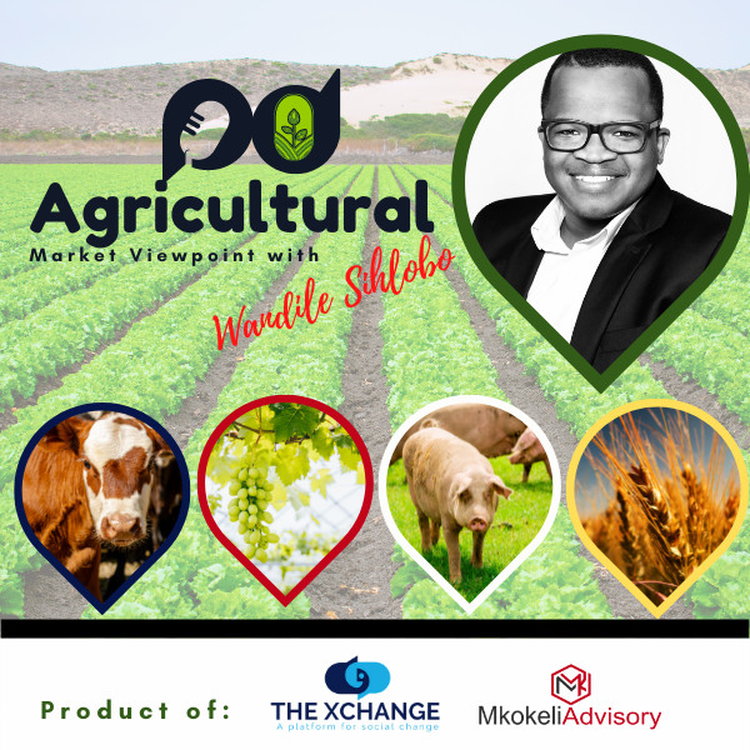
The re-opening of beef export markets is positive for SA
Loading player...
One positive development in South Africa's agriculture this past week was the re-opening of the Chinese beef market and the firm establishment of beef access to the Kingdom of Saudi Arabia. The Kingdom of Saudi Arabia has not featured prominently in South Africa's beef export markets in the past, with only small volumes last exported in the early 2000s.
The renewed access to this market is critical to South Africa's ambition to expand beef exports, as the Saudi beef market is sizable at over US$647 million in 2021, according to data from Trade Map.
About 62% of the Saudi beef imports were frozen beef, while 38% were chilled or fresh beef imports. Some leading suppliers to Saudi Arabia include Brazil, Australia, Pakistan, The US, New Zealand, and Canada. Beyond beef, the Saudi meat market is large, with all meat imports valued, on average, at US$1,9 billion annually over the past five years.
This means, over time, as South Africa increases its production in other meat value chains, Saudi Arabia could remain a strategic country for growing exports.
Regarding China, the country has an established trade relationship with South Africa. Over the past six years, China has been the leading importer of South Africa's frozen beef cuts in value terms.
Therefore, easing import restrictions that were put in place following an outbreak of the foot-and-mouth disease is a welcome development, as that could lead to an increase in exports.
These positive developments provide some relief when the South African beef industry has faced a challenging operational environment for several reasons. One of the significant challenges was the rise in feed prices since 2020, especially for maize and soybeans.
The rise in animal feed prices coincided with a worsening financial strain on consumers due to the Covid-19 pandemic's damaging effects. Thus, we saw a decline in the demand for red meat products as consumers opted for relatively cheaper forms of protein.
Moreover, the spread of foot-and-mouth disease (FMD) to six of South Africa's nine provinces for the first time in history was another challenge for the industry. This brought temporary bans in specific export markets, extending to auctions and livestock movement, mainly cattle, for some time in 2022.
Fortunately, the feed prices have now softened somewhat, with both maize and soybean prices, on average, down 13% y/y. This is in response to large domestic maize and soybean harvests and the easing of global grain prices (irrespective of lingering worries about the Black Sea Grain Deal).
Therefore, the resumption of exports to China and the opening of export opportunities to the Kingdom of Saudi Arabia adds to this improving operational environment going forward.
We discuss more in this week's podcast segment.
My writing on agricultural economic matters is available on my blog: https://wandilesihlobo.com/
Podcast production by: Lwandiso Gwarubana, Richard Humphries, and Sam Mkokeli
The renewed access to this market is critical to South Africa's ambition to expand beef exports, as the Saudi beef market is sizable at over US$647 million in 2021, according to data from Trade Map.
About 62% of the Saudi beef imports were frozen beef, while 38% were chilled or fresh beef imports. Some leading suppliers to Saudi Arabia include Brazil, Australia, Pakistan, The US, New Zealand, and Canada. Beyond beef, the Saudi meat market is large, with all meat imports valued, on average, at US$1,9 billion annually over the past five years.
This means, over time, as South Africa increases its production in other meat value chains, Saudi Arabia could remain a strategic country for growing exports.
Regarding China, the country has an established trade relationship with South Africa. Over the past six years, China has been the leading importer of South Africa's frozen beef cuts in value terms.
Therefore, easing import restrictions that were put in place following an outbreak of the foot-and-mouth disease is a welcome development, as that could lead to an increase in exports.
These positive developments provide some relief when the South African beef industry has faced a challenging operational environment for several reasons. One of the significant challenges was the rise in feed prices since 2020, especially for maize and soybeans.
The rise in animal feed prices coincided with a worsening financial strain on consumers due to the Covid-19 pandemic's damaging effects. Thus, we saw a decline in the demand for red meat products as consumers opted for relatively cheaper forms of protein.
Moreover, the spread of foot-and-mouth disease (FMD) to six of South Africa's nine provinces for the first time in history was another challenge for the industry. This brought temporary bans in specific export markets, extending to auctions and livestock movement, mainly cattle, for some time in 2022.
Fortunately, the feed prices have now softened somewhat, with both maize and soybean prices, on average, down 13% y/y. This is in response to large domestic maize and soybean harvests and the easing of global grain prices (irrespective of lingering worries about the Black Sea Grain Deal).
Therefore, the resumption of exports to China and the opening of export opportunities to the Kingdom of Saudi Arabia adds to this improving operational environment going forward.
We discuss more in this week's podcast segment.
My writing on agricultural economic matters is available on my blog: https://wandilesihlobo.com/
Podcast production by: Lwandiso Gwarubana, Richard Humphries, and Sam Mkokeli

